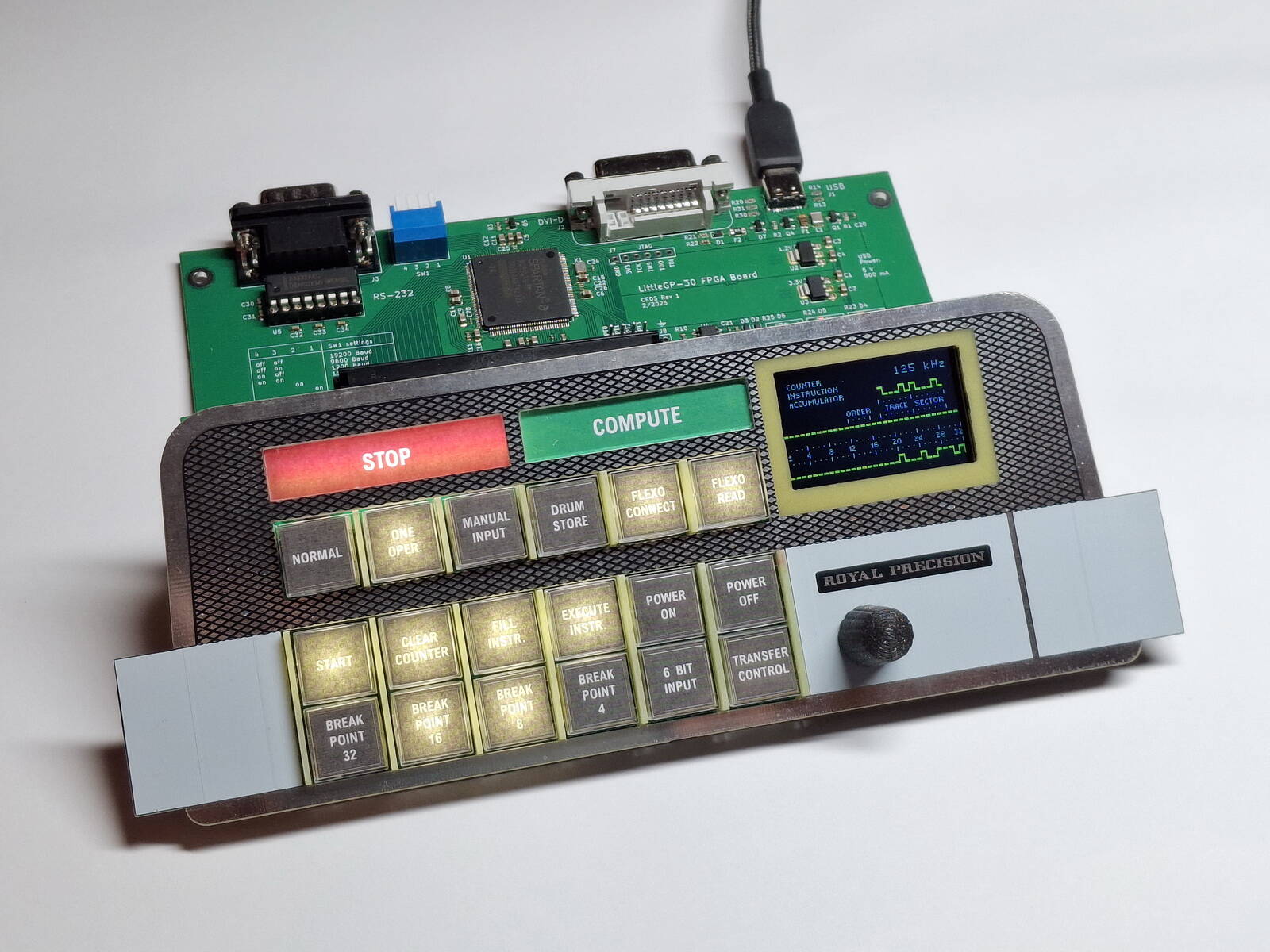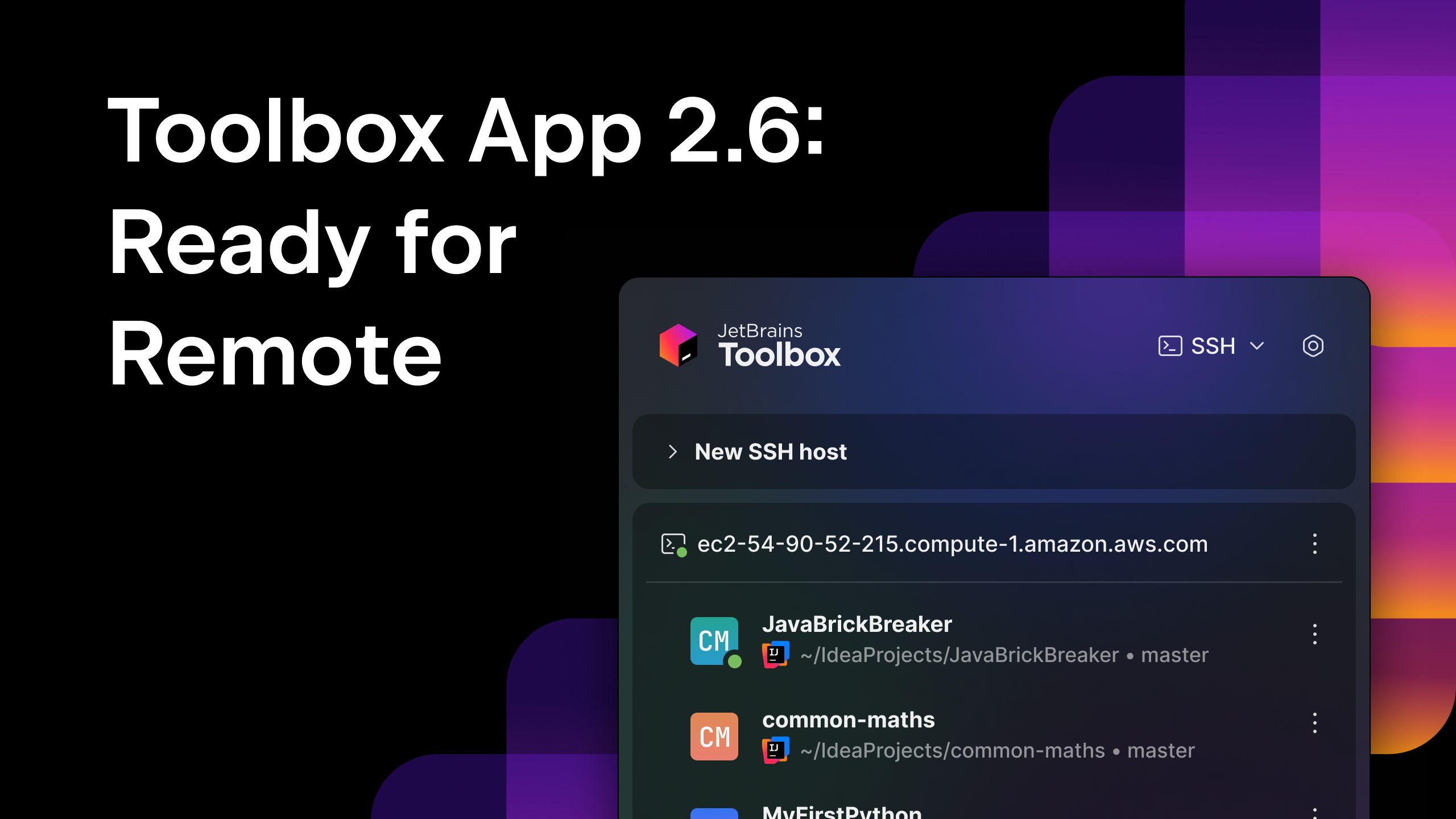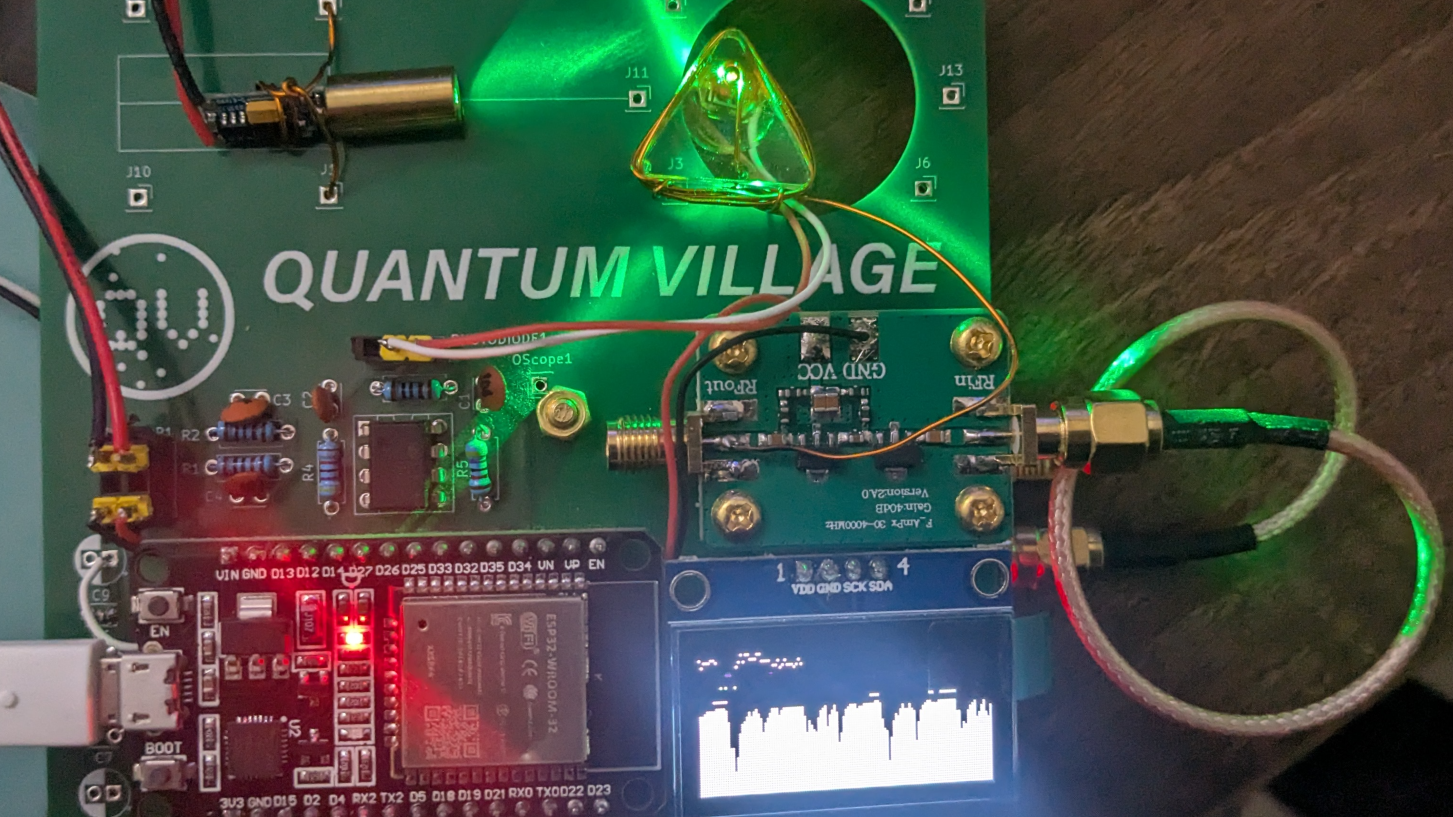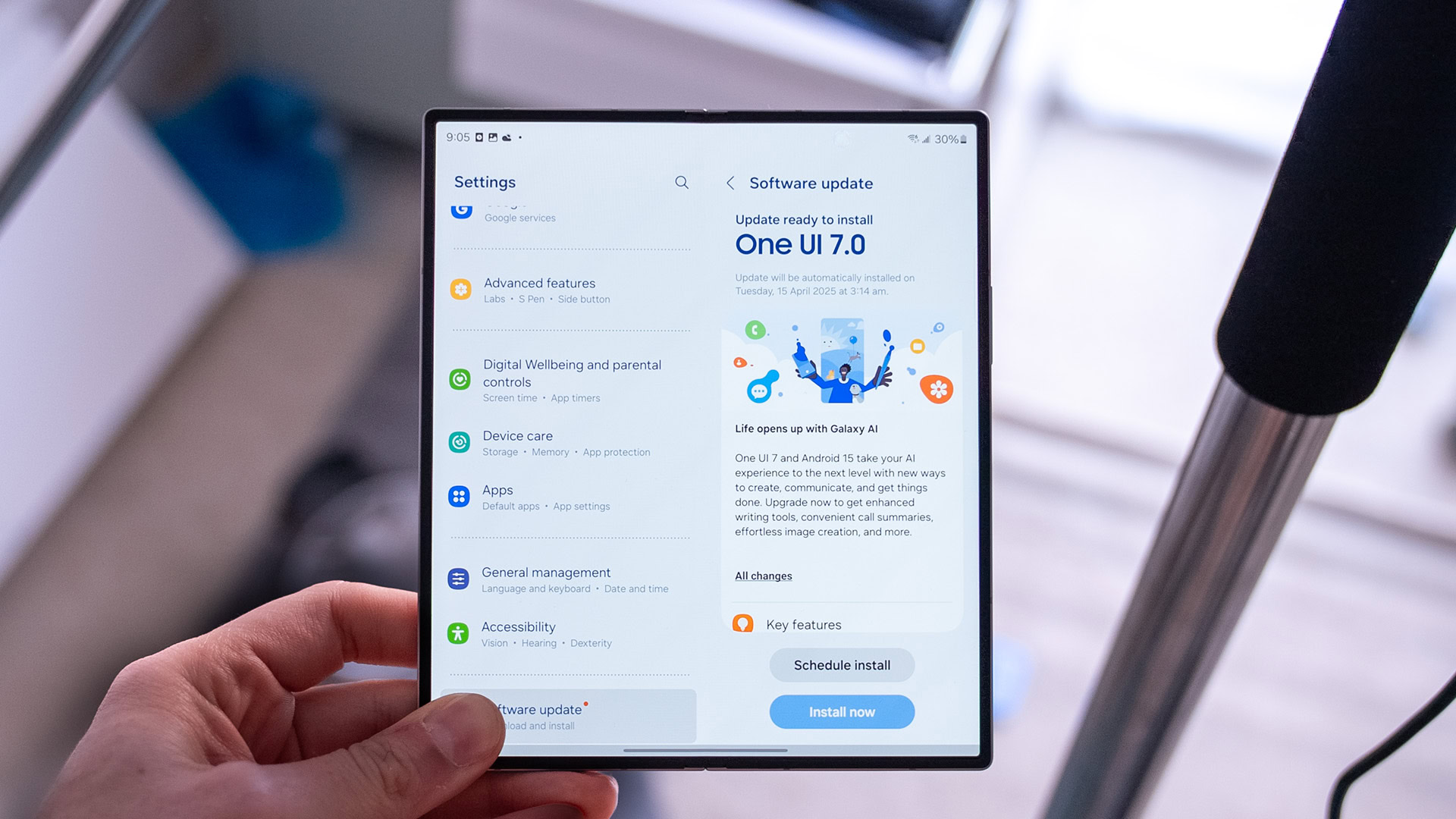Emulating the Cloud: why you should use Firebase Emulator Suite
In the fast-paced world of modern application development, iteration speed and robust testing are paramount. The Firebase Emulator Suite offers a powerful and versatile solution, enabling developers to create, test, and debug their Firebase applications locally, without incurring costs or risking data corruption in production environments. What is the Firebase Emulator Suite? The Firebase Emulator Suite is a set of tools that emulates the core Firebase services, allowing you to run and test your Firebase applications on your local machine. Essentially, the Emulator Suite creates a self-contained Firebase environment on your machine, mirroring the functionality of the cloud-based services. This allows developers to work offline, iterate rapidly, and perform thorough testing before deploying their code to production. It provides emulators for: Cloud Functions Execute and debug your Cloud Functions locally, simulating HTTP triggers, background functions, and callable functions. Cloud Firestore A NoSQL document database that emulates the real-time data synchronization and querying capabilities of Firestore. Realtime Database A real-time, cloud-hosted NoSQL database that replicates the data synchronization and real-time features of the Firebase Realtime Database. Authentication Simulate user authentication with various providers (email/password, Google, Facebook, etc.) without making network requests. Cloud Storage for Firebase Emulate the storage of files and media, allowing you to test upload, download, and security rules locally. Pub/Sub Simulate the Publish/Subscribe messaging service, allowing you to test message passing and event-driven architectures locally. Extensions Develop and test Firebase Extensions locally, ensuring they function correctly before deployment. Why Use the Firebase Emulator Suite? The benefits of using the Firebase Emulator Suite are numerous and contribute significantly to improved development efficiency and application quality: Cost Savings Developing and testing directly against live Firebase services can quickly accumulate costs, especially during frequent testing or when dealing with large datasets. The Emulator Suite eliminates these costs by providing a free, local alternative. Improved Development Speed Avoid the latency and network dependencies associated with cloud-based services. Local execution provides immediate feedback and allows for faster iteration cycles. Changes to code, functions, or security rules are reflected instantly. Offline Development Work on your Firebase application even without an internet connection. The Emulator Suite operates entirely offline, allowing you to continue developing and testing regardless of network availability. Safe Experimentation Experiment with new features, data structures, and security rules without the risk of affecting your production database or accidentally deleting critical data. The Emulator Suite provides a safe sandbox for experimentation. Simplified Debugging The Emulator Suite provides a user-friendly UI that allows you to inspect data, function logs, and security rule evaluations in real-time. This makes debugging complex issues much easier. You can also use standard debugging tools like breakpoints and console logging in your code. Security Rule Testing Rigorously test your Firebase security rules using the Emulator Suite. Simulate different user roles and access scenarios to ensure that your data is protected from unauthorized access. The UI provides detailed information on why a particular request was allowed or denied based on your security rules. Setting Up the Firebase Emulator Suite Ensure you have Node.js and npm (Node Package Manager) installed on your machine and install the Firebase Command Line Interface (CLI) globally using npm. npm install -g firebase-tools Authenticate with your Firebase account using the CLI. firebase login Navigate to your project directory and initialize Firebase. firebase init The CLI will guide you through the initialization process, allowing you to choose which Firebase services you want to use in your project. Select the services you want to emulate during this process. Running the Firebase Emulator Suite Once you have configured the Emulator Suite, you can start it using the following command. firebase emulators:start This command will start all the emulators you have configured and display their respective URLs in the console. You can also start specific emulators using the --only flag. firebase emulators:start --only functions,firestore Using the Emulator UI The Firebase Emulator Suite incorporates a web-based user interface, providing a visual environment for interacting with the emulated services. This interface facilitates

In the fast-paced world of modern application development, iteration speed and robust testing are paramount. The Firebase Emulator Suite offers a powerful and versatile solution, enabling developers to create, test, and debug their Firebase applications locally, without incurring costs or risking data corruption in production environments.
What is the Firebase Emulator Suite?
The Firebase Emulator Suite is a set of tools that emulates the core Firebase services, allowing you to run and test your Firebase applications on your local machine.
Essentially, the Emulator Suite creates a self-contained Firebase environment on your machine, mirroring the functionality of the cloud-based services. This allows developers to work offline, iterate rapidly, and perform thorough testing before deploying their code to production.
It provides emulators for:
Cloud Functions
Execute and debug your Cloud Functions locally, simulating HTTP triggers, background functions, and callable functions.
Cloud Firestore
A NoSQL document database that emulates the real-time data synchronization and querying capabilities of Firestore.
Realtime Database
A real-time, cloud-hosted NoSQL database that replicates the data synchronization and real-time features of the Firebase Realtime Database.
Authentication
Simulate user authentication with various providers (email/password, Google, Facebook, etc.) without making network requests.
Cloud Storage for Firebase
Emulate the storage of files and media, allowing you to test upload, download, and security rules locally.
Pub/Sub
Simulate the Publish/Subscribe messaging service, allowing you to test message passing and event-driven architectures locally.
Extensions
Develop and test Firebase Extensions locally, ensuring they function correctly before deployment.
Why Use the Firebase Emulator Suite?
The benefits of using the Firebase Emulator Suite are numerous and contribute significantly to improved development efficiency and application quality:
Cost Savings
Developing and testing directly against live Firebase services can quickly accumulate costs, especially during frequent testing or when dealing with large datasets. The Emulator Suite eliminates these costs by providing a free, local alternative.
Improved Development Speed
Avoid the latency and network dependencies associated with cloud-based services. Local execution provides immediate feedback and allows for faster iteration cycles. Changes to code, functions, or security rules are reflected instantly.
Offline Development
Work on your Firebase application even without an internet connection. The Emulator Suite operates entirely offline, allowing you to continue developing and testing regardless of network availability.
Safe Experimentation
Experiment with new features, data structures, and security rules without the risk of affecting your production database or accidentally deleting critical data. The Emulator Suite provides a safe sandbox for experimentation.
Simplified Debugging
The Emulator Suite provides a user-friendly UI that allows you to inspect data, function logs, and security rule evaluations in real-time. This makes debugging complex issues much easier. You can also use standard debugging tools like breakpoints and console logging in your code.
Security Rule Testing
Rigorously test your Firebase security rules using the Emulator Suite. Simulate different user roles and access scenarios to ensure that your data is protected from unauthorized access. The UI provides detailed information on why a particular request was allowed or denied based on your security rules.
Setting Up the Firebase Emulator Suite
Ensure you have Node.js and npm (Node Package Manager) installed on your machine and install the Firebase Command Line Interface (CLI) globally using npm.
npm install -g firebase-tools
Authenticate with your Firebase account using the CLI.
firebase login
Navigate to your project directory and initialize Firebase.
firebase init
The CLI will guide you through the initialization process, allowing you to choose which Firebase services you want to use in your project. Select the services you want to emulate during this process.
Running the Firebase Emulator Suite
Once you have configured the Emulator Suite, you can start it using the following command.
firebase emulators:start
This command will start all the emulators you have configured and display their respective URLs in the console. You can also start specific emulators using the --only flag.
firebase emulators:start --only functions,firestore
Using the Emulator UI
The Firebase Emulator Suite incorporates a web-based user interface, providing a visual environment for interacting with the emulated services. This interface facilitates the examination of data residing within the emulated Firestore, Realtime Database, and Cloud Storage. Furthermore, it enables real-time monitoring of logs generated by Cloud Functions and other services, thereby simplifying the debugging process. The interface also provides functionalities for user account management and the simulation of diverse authentication scenarios. In addition, users can manually trigger Cloud Functions for testing purposes and evaluate security rules to ascertain the rationale behind request authorization or denial.
The UI is typically accessible at
http://localhost:4000. The port can be changed infirebase.jsonfile.
To connect your application to the Emulator Suite, you need to configure your Firebase client SDK to use the local emulators instead of the cloud-based services.
The Firebase Emulator Suite is an indispensable tool for any developer working with Firebase. By providing a local, cost-effective, and secure environment for development and testing, it significantly improves development speed, reduces costs, and enhances application quality. By understanding its features, benefits, and best practices, you can harness the power of the Emulator Suite to create robust and reliable Firebase applications.
Embrace the emulators, and elevate your Firebase development workflow!
You can follow me on GitHub, where I'm creating cool projects.
I hope you enjoyed this article, don't forget to give ❤️.
Bye










































































































































































![[The AI Show Episode 144]: ChatGPT’s New Memory, Shopify CEO’s Leaked “AI First” Memo, Google Cloud Next Releases, o3 and o4-mini Coming Soon & Llama 4’s Rocky Launch](https://www.marketingaiinstitute.com/hubfs/ep%20144%20cover.png)















































































































































































-Baldur’s-Gate-3-The-Final-Patch---An-Animated-Short-00-03-43.png?width=1920&height=1920&fit=bounds&quality=70&format=jpg&auto=webp#)

























































.png?#)































_Aleksey_Funtap_Alamy.jpg?width=1280&auto=webp&quality=80&disable=upscale#)
































































































![‘Samsung Auto’ is an Android Auto alternative for Galaxy phones you can’t use [Gallery]](https://i0.wp.com/9to5google.com/wp-content/uploads/sites/4/2025/04/samsung-auto-12.jpg?resize=1200%2C628&quality=82&strip=all&ssl=1)













![Apple's Foldable iPhone Won't Have Face ID for Under-Display Camera [Rumor]](https://www.iclarified.com/images/news/97017/97017/97017-640.jpg)

![Apple Seeds tvOS 18.5 Beta 2 to Developers [Download]](https://www.iclarified.com/images/news/97011/97011/97011-640.jpg)
![Apple Releases macOS Sequoia 15.5 Beta 2 to Developers [Download]](https://www.iclarified.com/images/news/97014/97014/97014-640.jpg)


































































































































